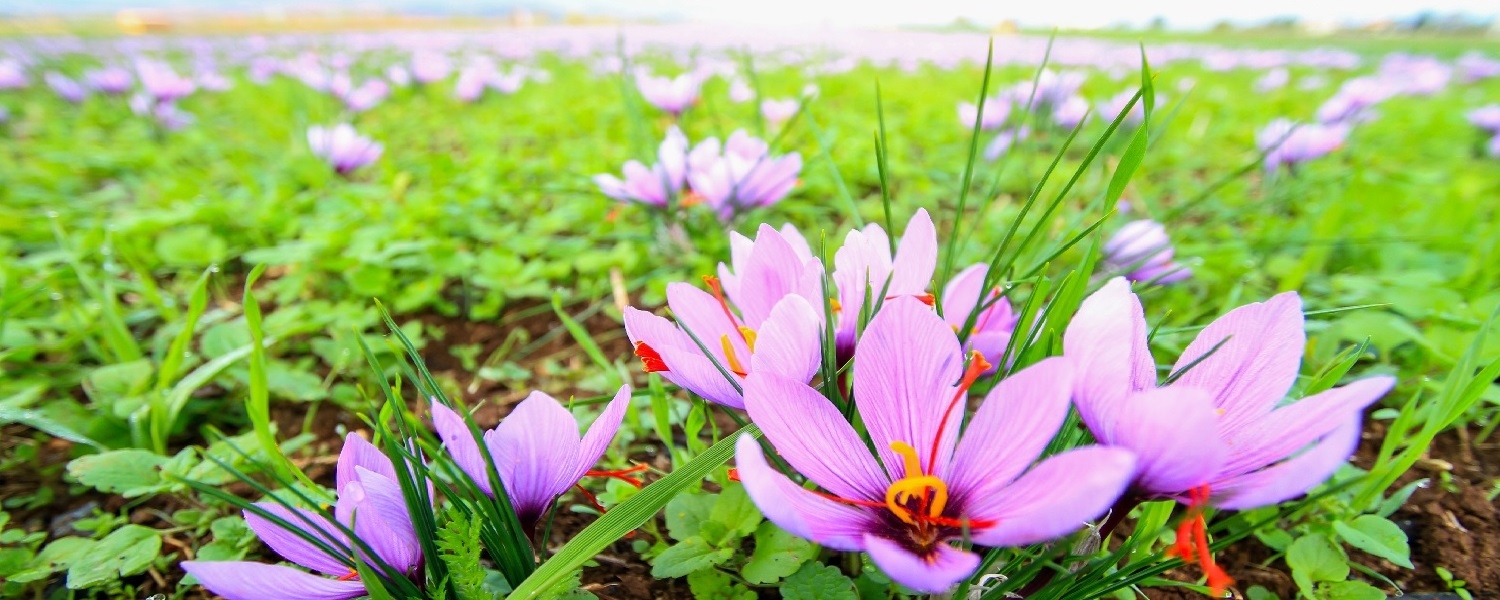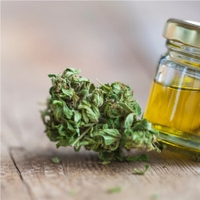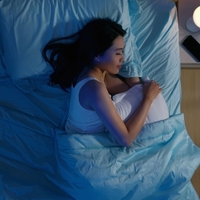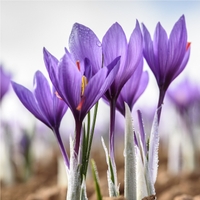
Saffron supplementation improves sleep quality
A recent Australian study has demonstrated that a saffron extract can improve insomnia, sleep quality and restorative sleep in healthy adults with self-reported sleep problems (1).
Inadequate sleep is now recognised as a global public health issue with high social, health and economic costs. Results from Australian population-based surveys indicate that up to 45% of the adult population report poor sleep (regular difficulty, either falling asleep or staying asleep) (2).
Sleep is essential for physical and mental health and it plays a critical role in recovery from illness and injury (3). Long-term sleep deprivation can have serious health consequences, including an increased risk of cardiovascular disease, diabetes, depression, and all-cause mortality (4,5).
In the current study, sixty-three healthy adults aged 18-70 years with self-reported sleep problems were randomised to receive either a saffron extract (14 mg twice daily) or placebo for 28 days. Insomnia severity scores decreased by 25% in the saffron group, which was significant compared to placebo.
Saffron supplementation produced significantly greater improvements in non-restorative sleep and sleep quality scores compared with placebo. Non-restorative sleep refers to the subjective experience of feeling unrefreshed upon awakening despite the appearance of normal sleep based on physiological parameters (6). Additionally, the saffron group reported a reduction in the number of awakenings after sleep onset and increased alertness upon awakening.
Improvement in sleep quality was relatively rapid, with the bulk of the improvements occurring within the first 7 days. Saffron was well tolerated, with no adverse effects reported (1).
Several small studies have demonstrated the potential of saffron for enhancing or improving sleep (3,7,8,9,10). Numerous clinical trials and several systematic reviews and meta-analyses have confirmed saffron to be a safe and effective natural agent for the treatment of mild-to-moderate depression, with comparable efficacy to synthetic antidepressants (11,12,13,14,15).
Unlike many of the previous saffron studies, the current study investigated a standardised saffron extract. Standardisation is a method to reduce product variability by ensuring that each batch of the herbal extract contains a consistent amount of one or more bioactive constituents. The extract, derived from the stigmas of the Crocus sativus L. flower, contains more than 3.5% Lepticrosalides, which are the bioactive compounds (safranal and crocin isomers) found in saffron (1).
The standardised saffron extract has been shown in previous studies to be a safe and effective adjunct to standard antidepressant medication in adults with persistent depression (16) and effective for improving mood, stress, anxiety and sleep quality in healthy adults with low mood (17). In a third study, eight weeks supplementation with the saffron extract improved anxiety and depressive symptoms in young people with mild-to-moderate symptoms, from the perspective of the adolescents (18).
While the results of the current study are positive, the clinical application of findings is limited by the study population which included peri- or post-menopausal women (87%), and subjects with mild severity of sleep problems predominantly. The research findings need to be replicated using larger sample size, and differing populations. It is also important to note when considering saffron treatment, that saffron is subject to adulteration, and the quality of extracts can vary significantly (19).




